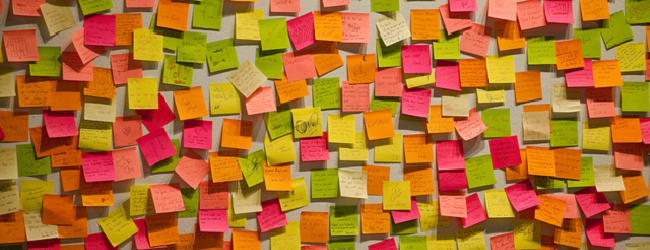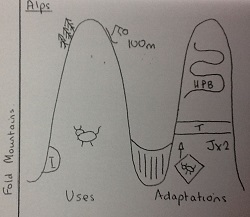MemorAbility is a new and important programme designed for children in Nursery, Reception and Years 1 and 2. The resource has been created specifically for the pupil who is having difficulty learning to recognise letters, blending sounds and learning to read through either a phonetic or a visual approach.
For our pupils to become able and confident mathematicians in Primary school, it is essential that they have a bank of key number facts they have learnt stored away, which they can draw on at any time. However, we must work to incorporate new ways to help them memorise these facts so that they have them at their disposal whenever they’re needed.
Number Sense
A boarding school pupil from Berkshire has become a star in China after appearing on the popular Super Brain 2016 memory challenge show in front of over 100m viewers late last month. 13-year old Henry Bole, a year 9 pupil at LVS (Licensed Victuallers' School) Ascot, narrowly lost out to a 21-year-old Chinese university student in a China vs United Kingdom edition of the programme. Henry had been trained by way of extra tuition from his mentor James Paterson, a teacher at leading independent all-ability school.
Pupils have to take in and retain a huge amount of information, so it’s important to make sure that their memories are up to the job. T&L and MFL lead practitioner at Archbishop Holgate's School Robert Watson gives five great techniques for this task.

Memory is an odd thing. I teach languages, and I notice how tough students can find it to remember and retain things. I know I’m not alone and that this isn’t just confined to my subject area, as I do teaching and learning work across the curriculum. So, what weird and wacky ways can help to improve students’ memory?

Over the last couple of years, Deputy Head and Geography teacher Chris Woodcock has been trying to develop strategies to support and challenge the low ability students he teaches.
Being a content heavy subject, these students struggle to recall the knowledge required to answer exam questions effectively, and as a result, they have been missing out on valuable marks. With this in mind, Chris wanted to develop a quick and easy strategy they could use to improve their recall of information. He has been doing this by using very simple diagrams as visual prompts.
So, having taught a topic, a simple diagram is used to summarise the main ideas. This can be easily memorised and then used to recall the main facts - an example follows:

How many times does someone ask a question and the answer is usually: "Oh just google it”? I’m not knocking this method of discovering things. Google, and all the other search engines out there are a very useful way of finding information. My question today is: what do we do with that information once we have found it? How often have we searched online for things, which really we should know anyway?
One of the many things I get involved with outside of my working life is running a ladies choir in Pewsey. It’s only been going a year or so and is a non-auditioned choir for ladies of all ages. For a while now, one of the things I have been banging on about is learning all the songs so they can be sung from memory. This was brought to a head recently when there was much debate about what should be put on the front cover of the folders that are used in concerts. My view, which apparently wasn’t considered as one of the options, was to abandon the folders altogether and just sing everything from memory.

A community-driven platform for showcasing the latest innovations and voices in schools
Pioneer House
North Road
Ellesmere Port
CH65 1AD
United Kingdom